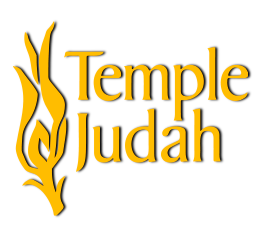Shalom All,
Believe it or not, Passover is nearly here. At the end of this month, we will sit as a community and celebrate our deliverance out of Egypt. We’ll eat matzah, charoset, and the bitter herb. We’ll drink the sweet wine. We’ll remember the plagues and rejoice at the parting of the sea. This holiday has been a central part of our people’s tradition for thousands of years and will remain so, as long as there are Jews in this world.
It is widely believed that more Jews attend a Passover seder than the High Holy Days, that is how central this celebration is to our Tradition. But, fun as the seder is, there is more to Passover than just a one evening meal. In fact, the seder that we follow today was added to the holiday after the destruction of the Second Temple. The real celebration, is the the Feast of Unleavened Bread, which is a seven day long event. The one during which we are only supposed to eat matzah and other foods that don’t have leavening in them. This is the festival that is started with the seder, this is the mitzvah that forms the basis of Passover. It is the act of eating unleavened bread for a week that allows us to empathize with our ancestors situation. Eating matzah all week helps us feel as if we were there with them – witnessing the plagues, crossing the sea, and wandering out into the wilderness. This is the ultimate goal of Passover, to believe that we, ourselves, were also redeemed by God, so that we will be as grateful for our freedom and our faith as our ancestors were.
For many Jews, unfortunately, the seder is Passover. One or two nights of matzah, four or eight glasses of wine, and then it’s back to secular life and regular foods. Which is sad, because it really isn’t that difficult to stay away from bread and other foods for just one week. While the potential benefit to our faith, our attitude, and our perspective is significant. Besides, even if you don’t feel eternally grateful to God after one week of matzah, you will be grateful for bread.
This year, Passover begins on Monday evening, April 10th, with a traditional seder. As per our tradition, Temple Judah with be hosting our annual Congregational seder on Tuesday evening, the 11th, at 6:00 pm. I hope you all can join us.
Chag Samaech
Have a Happy Passover.
Rabbi Todd

